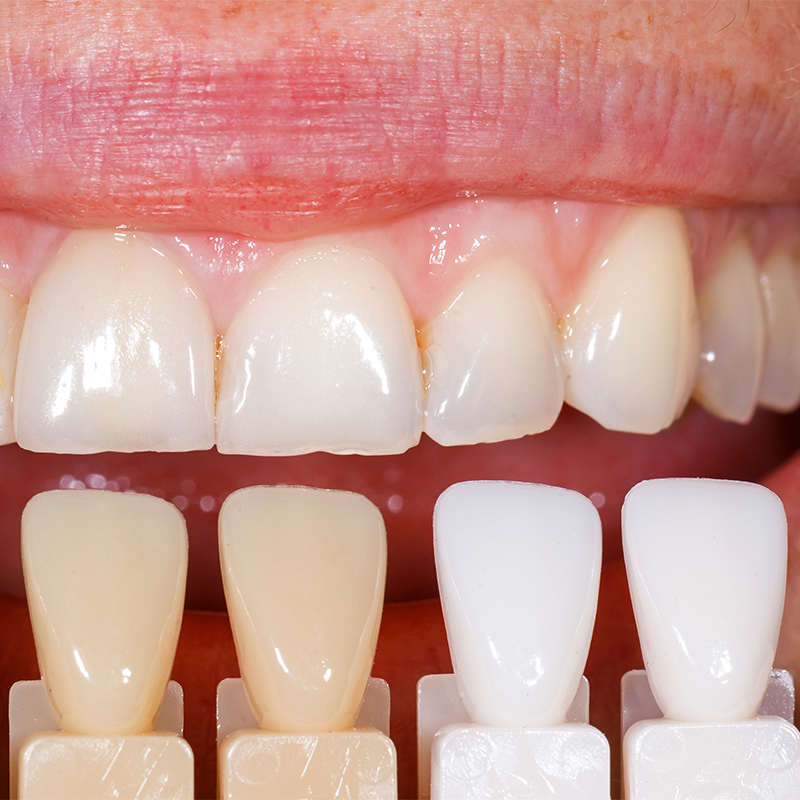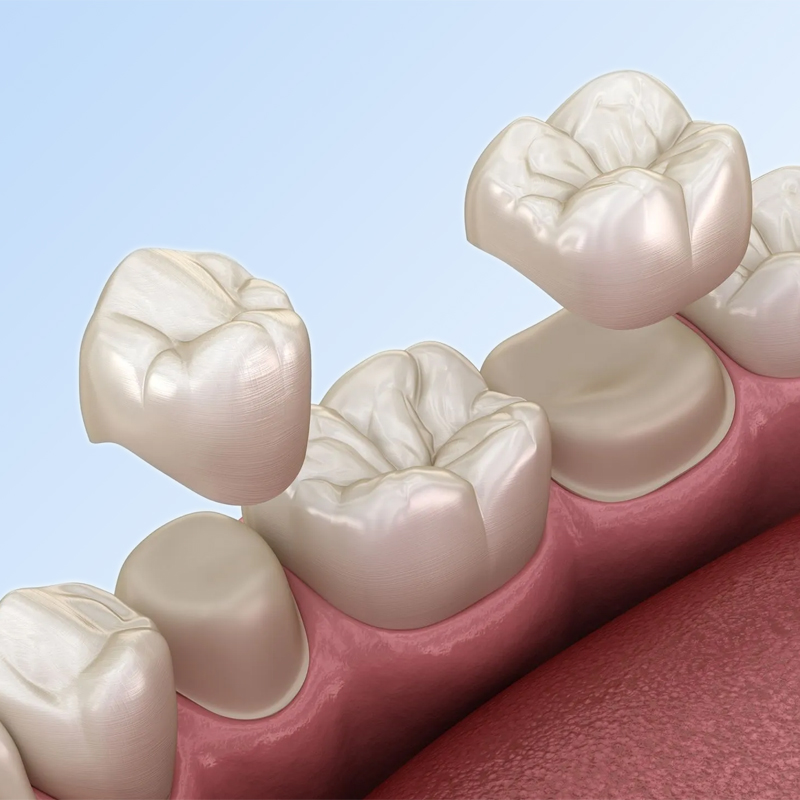Tooth loss is not just an aesthetic issue; it can also significantly impact your oral and jaw health. Among the most common solutions for missing teeth are dental implants and bridges. But which option is best suited for you? In this article, we’ll explore both treatments in detail to help you make an informed decision.
What Is a Dental Implant?
A dental implant is an artificial root placed into the jawbone to replace a missing tooth. Typically made of titanium, it serves as a foundation for a dental crown, providing a natural look and function.
Advantages:
- Highly durable and often lasts a lifetime.
- Prevents bone loss by preserving the jawbone.
- Provides a solution that feels and looks like a natural tooth.
- Does not impact neighboring teeth.
Disadvantages:
- The process takes longer (3-6 months to complete).
- Higher initial cost compared to bridges.
- Requires a surgical procedure, which may not be suitable for everyone.
What Is a Dental Bridge?
A dental bridge replaces a missing tooth by anchoring a prosthetic tooth to the adjacent healthy teeth. The supporting teeth are shaved down to hold the bridge in place.
Advantages:
- Faster treatment process (usually completed within 1-2 weeks).
- Does not require surgery.
- More affordable compared to implants.
Disadvantages:
- Requires healthy adjacent teeth to be filed down, which can compromise them.
- Does not preserve the jawbone, potentially leading to bone loss over time.
- Typically lasts 5-10 years, after which it may need replacement.
Implant or Bridge? Factors to Consider
When deciding between these two options, keep the following factors in mind:
- Bone Health: If your jawbone is healthy, an implant might be the ideal option. However, if there is bone loss, additional procedures like bone grafting may be necessary.
- Cost: If you’re on a budget, a bridge is often a more economical choice.
- Longevity: For a long-lasting, natural-looking solution, implants are superior.
- Treatment Time: If you need a quick solution, a bridge can be completed in less time.
- Healthy Teeth: To preserve your natural teeth, implants are the better option.
Which Option Is Right for You?
Every individual’s oral structure and needs are unique. That’s why it’s essential to consult your dentist for a comprehensive evaluation. Your treatment plan will depend on factors like the condition of your jawbone, the location of the missing tooth, and your overall oral health.
Conclusion
Whether you choose an implant or a bridge, both options can restore your missing teeth and improve your oral health and appearance. Consult with an expert dentist to make the right choice and take the first step toward a healthier, more confident smile.




